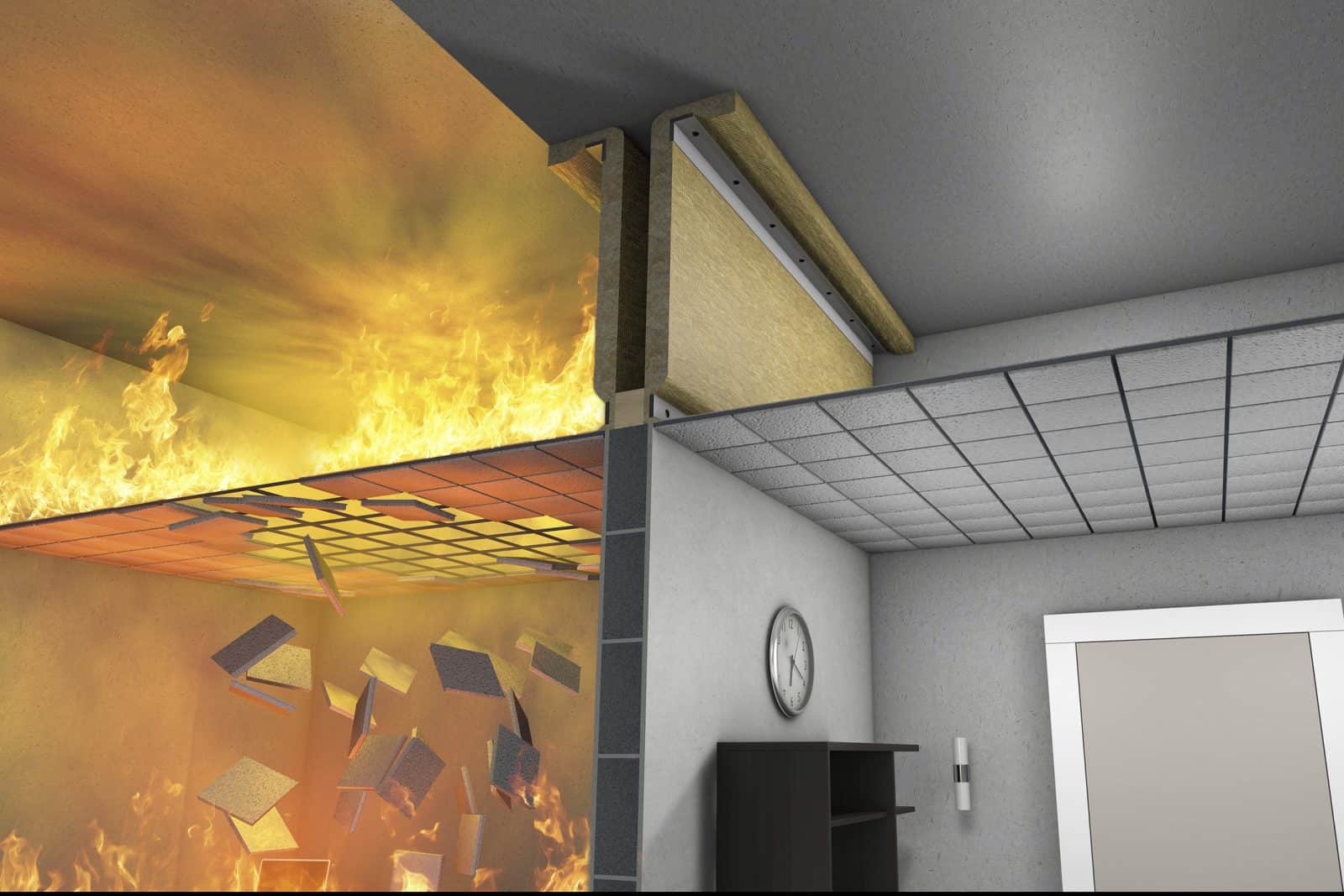
Fire safety is an essential aspect of property management, especially for commercial landlords and companies managing residential rental portfolios. With evolving regulations and increasing scrutiny from regulatory bodies, staying compliant is not just a legal obligation but a critical factor in safeguarding tenants, property assets, and business reputation.
In 2025, fire safety compliance demands more attention than ever before. This comprehensive guide will walk you through the key requirements commercial and residential landlords must know about fire safety compliance in 2025.
Fire safety compliance encompasses a broad range of legal responsibilities and best practices designed to prevent fire hazards and ensure safe evacuation in case of an emergency. For landlords managing commercial or company-owned residential properties, the legal landscape has become increasingly stringent.
The Regulatory Reform (Fire Safety) Order 2005 remains the cornerstone of fire safety law in England and Wales, but recent updates, inspections, and sector-specific guidance mean landlords need to be proactive. Fire safety compliance in 2025 involves conducting regular fire risk assessments, maintaining fire detection and alarm systems, and ensuring clear evacuation routes.
Commercial landlords hold responsibility for the safety of their tenants, employees, visitors, and contractors. Fire safety regulations require them to:
Failure to comply can lead to hefty fines, legal action, and, more importantly, risk to human life.

For companies managing residential rental properties, fire safety compliance takes on added complexity. Unlike individual flat owners renting out their own homes, company landlords are subject to rigorous standards reflecting their commercial nature.
Key considerations include:
With recent tragedies raising awareness of fire safety failures, regulatory bodies are cracking down on non-compliance, making it essential for corporate landlords to be vigilant.
Even experienced landlords face challenges when it comes to fire safety compliance. The complexity of different property types, aging infrastructure, and tenant behaviour can all create risks.
Challenges include:
With more than 34,000 house fires in the UK per year, it’s more important than ever to overcome these challenges especially when 63% of house fires are preventable accidents. How to overcome these challenges:

A fire risk assessment is the foundation of effective fire safety management. It identifies potential fire hazards, evaluates risks, and recommends control measures to reduce the chance and impact of fires.
For commercial and residential company landlords, risk assessments must be:
In 2025, fire risk assessments are under greater scrutiny from fire authorities, insurers, and tenants alike. Demonstrating thorough risk management can protect landlords from legal liabilities and increase tenant confidence.
Insurance policies for commercial and residential rental properties typically require landlords to comply with fire safety regulations. Non-compliance can invalidate coverage, leaving landlords exposed to significant financial losses in the event of fire damage.
Key insurance considerations:
Being proactive about fire safety compliance can lead to better insurance premiums and faster claim resolutions.

The fire safety landscape continues to evolve. Landlords should be aware of emerging trends:
Staying informed and adaptable will help landlords avoid costly pitfalls.
For commercial landlords and companies managing residential rental properties, fire safety compliance is not just a regulatory box to tick, it’s a fundamental responsibility that protects lives, property, and business continuity. In 2025, with tighter regulations and higher expectations, landlords must be proactive in conducting risk assessments, maintaining fire safety systems, educating tenants, and keeping thorough records.
Failure to comply risks not only legal penalties but also irreparable damage to reputation and financial stability.
At BusinessWatch, we specialise in supporting commercial landlords and residential property companies with comprehensive fire safety solutions tailored to the latest regulations in 2025. Whether you need detailed risk assessments, system maintenance, or tenant education, our experts are here to help.
Get in touch today to discuss your fire safety compliance needs and ensure your properties meet all legal requirements while protecting what matters most.